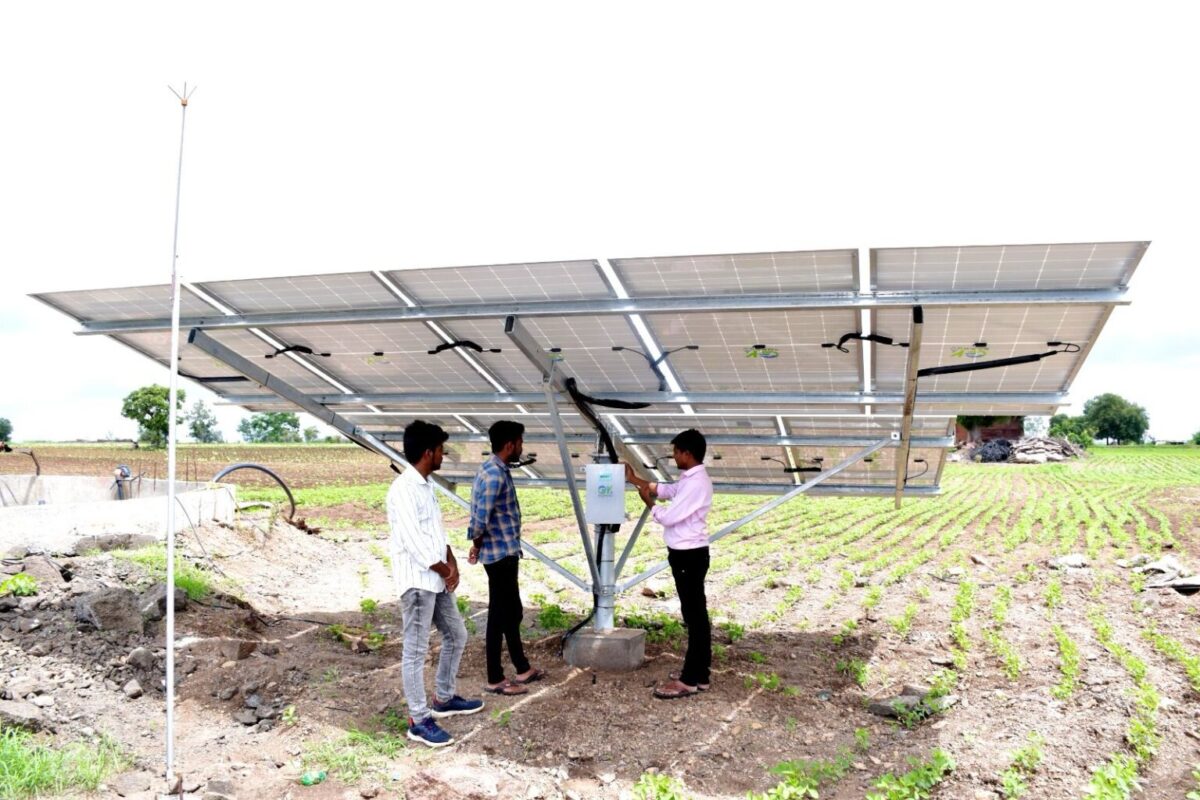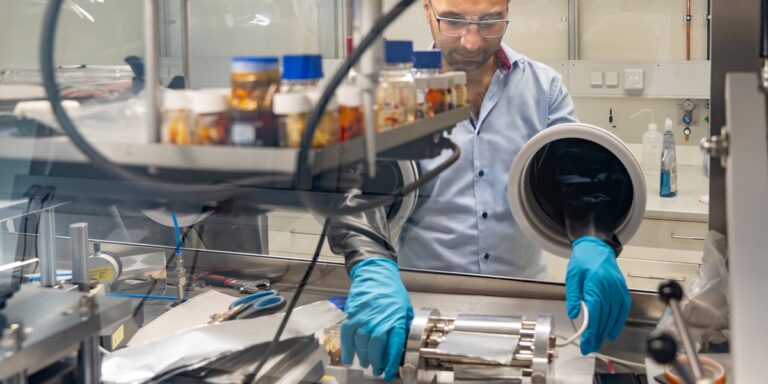The first prototype will consist of a 10-cell ‘stack’ and will be able to store approximately 1 Wh of electricity
Image: Image: TU Bergakademie Freiberg/A. Hieke
By ESS news
TU Bergakademie Freiberg University of Technology has reported significant progress in developing an aluminum battery, which is based on materials that are both readily available and recyclable.
Their battery has aluminum as the anode, graphite as the cathode and a polymer-based electrolyte developed at the university. The first prototype will consist of a 10-cell ‘stack’ and will be able to store approximately 1 Wh of electricity.
The validation of the prototype for industrial production will be financed by the Saxony Ministry of Economic Affairs and the European Regional Development Fund (ERDF) until the end of 2025.
“The aim of the further development is a storage capacity of 10 kWh, which corresponds to the average daily production of a photovoltaic system on the roof of a single-family house,” says Amir Mohammad, research associate at the Institute of Experimental of the TU Bergakademie Freiberg. Physics.
A capacity of 10 kWh would make the aluminum-polymer battery suitable for use as a stationary energy storage device, especially in private photovoltaic systems.
“The aluminum-polymer battery is a promising alternative to lithium-ion batteries that my team has been intensively researching for about a decade and is now being tested for industrial production and application,” said Dirk C. Meyer, director of the Institute of Experimental Physics and spokesperson for the institution’s Center for Efficient High-Temperature Material Conversion.
To read further, visit our ESS news website.
This content is copyrighted and may not be reused. If you would like to collaborate with us and reuse some of our content, please contact: editors@pv-magazine.com.
Popular content



